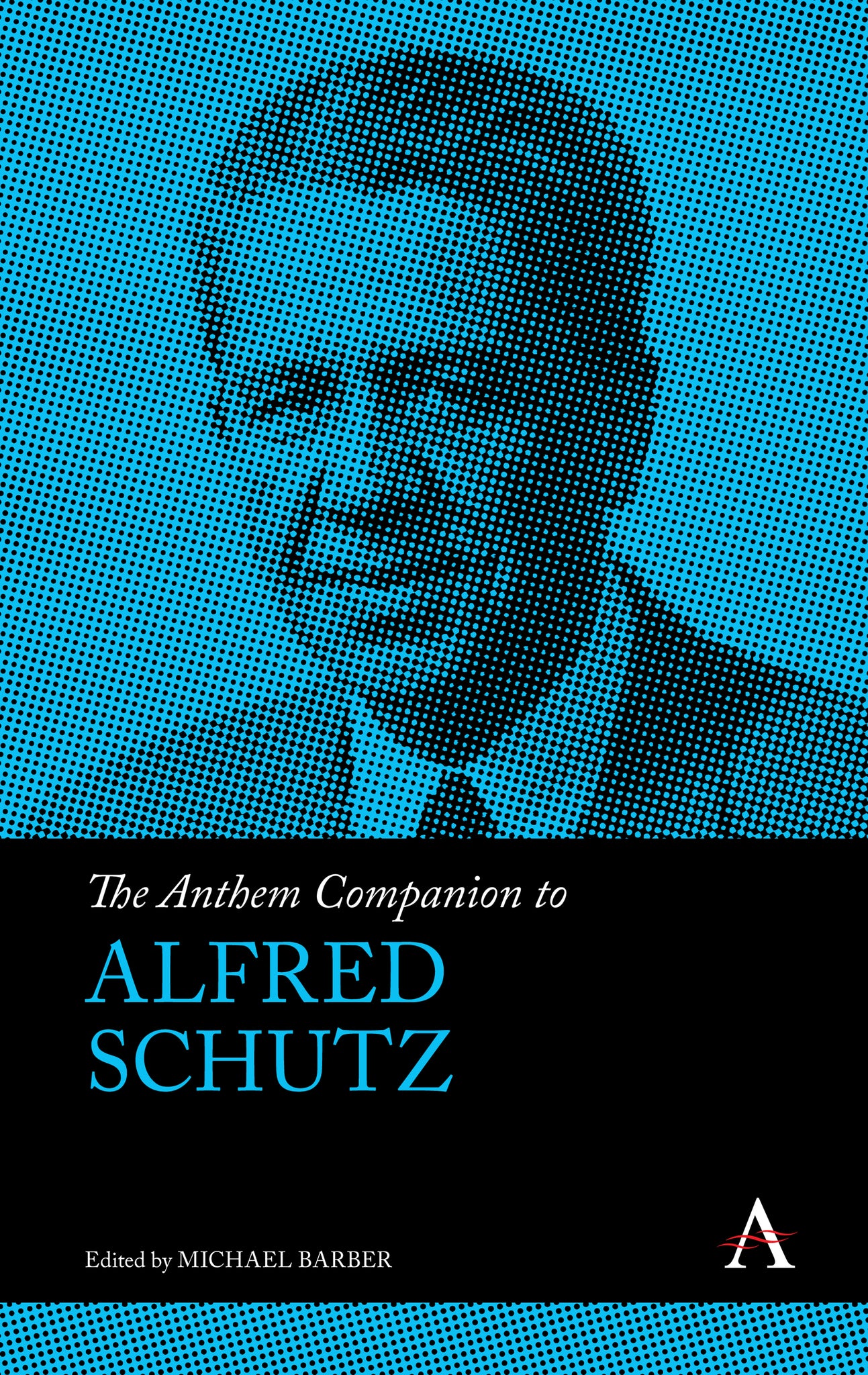We're sorry. An error has occurred
Please cancel or retry.
The Anthem Companion to Alfred Schutz

Some error occured while loading the Quick View. Please close the Quick View and try reloading the page.
Couldn't load pickup availability
- Format:
-
16 August 2022

Given that Schutz was a philosopher and a social scientist, this book will examine topics in Schutz’s philosophical-phenomenological theory of the social world, such as the second person, the face-to-face relationship, the meaning of human action, signs, symbols, relevance (or interests). Schutz’s explanation of the social world, however, was meant to provide a philosophical foundation for the social sciences, and so this book will also consider epistemological questions, such as traditional knowledge and the opacity of knowledge and theory, that is, the neglected or unseen questions that accompany knowing or theorizing. Also, authors from within the Schutzian framework will address issues within the social sciences, such as the Durkheimian aspects of Schutz’s thought, the sociology of knowledge, and the theory of sociology. It will also explore how Schutzian theory, which is often viewed as a micro-sociology, can be extended to give an account of a macro-sociological reality like modern society (Gesellschaft)

SOCIAL SCIENCE / Methodology, Social research and statistics, SOCIAL SCIENCE / Sociology / General, PHILOSOPHY / Social, Sociology, Social and political philosophy

The Anthem Companions to Sociology offers wide ranging and masterly overviews of the works of major sociologists. The volumes in the series provide authoritative and critical appraisals of key figures in modern social thought. These books, written and edited by leading figures, are essential additional reading on the history of sociology. – Gerard Delanty, Professor of Sociology, University of Sussex, Brighton
Acknowledgments; Chronology; Introduction; PART ONE SCHUTZ ON EVERYDAY LIFE, One: Alfred Schutz’s Theory of Relevance, Andreas Göttlich; Two: Alfred Schutz’s Theory of Sign and Symbol, Jochen Dreher; Three: Copresence as an Essential Site for the Transmission of Embodied Knowledge: From a Case of the Practice of Japanese Utai of Noh Theater, Chihaya Kusayanagi; Four: Reading Alfred Schutz’s “The Stranger” Essay, Hisashi Nasu; Five: Alfred Schutz and the Second-Person Experience, Michael Barber; PART TWO SCHUTZ ON SOCIOLOGICAL THEORY, Six: A Phenomenology of Modernity? Alfred Schutz’s Contributions to a Theory of Modern Society, Alexis Gros; Seven: Durkheimian Aspects of Schutz’s Phenomenological Sociology, Carlos Belvedere; Eight: The Problem of Opacity in Alfred Schutz’s Phenomenological Sociology, Daniela López; Nine: Schutz’s Sociology of Knowledge, Ilja Srubar; Ten: Scientific Modeling: Considering a Schutzian Informed Quantitative Sociology, Jerry Williams; Notes on Contributors; Index.



